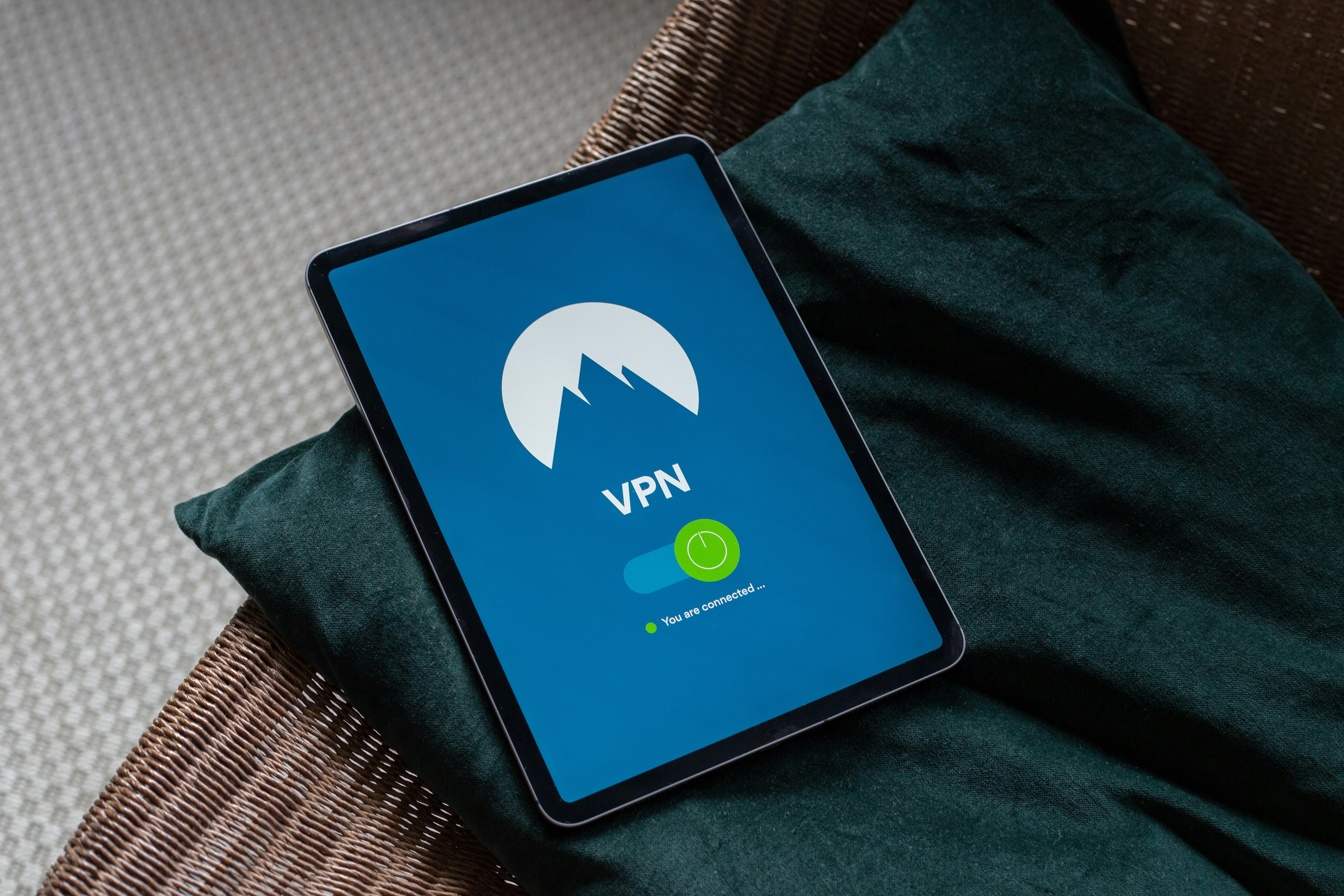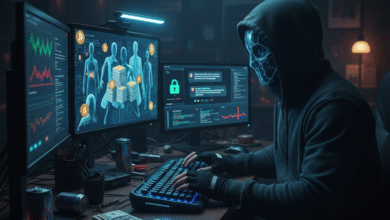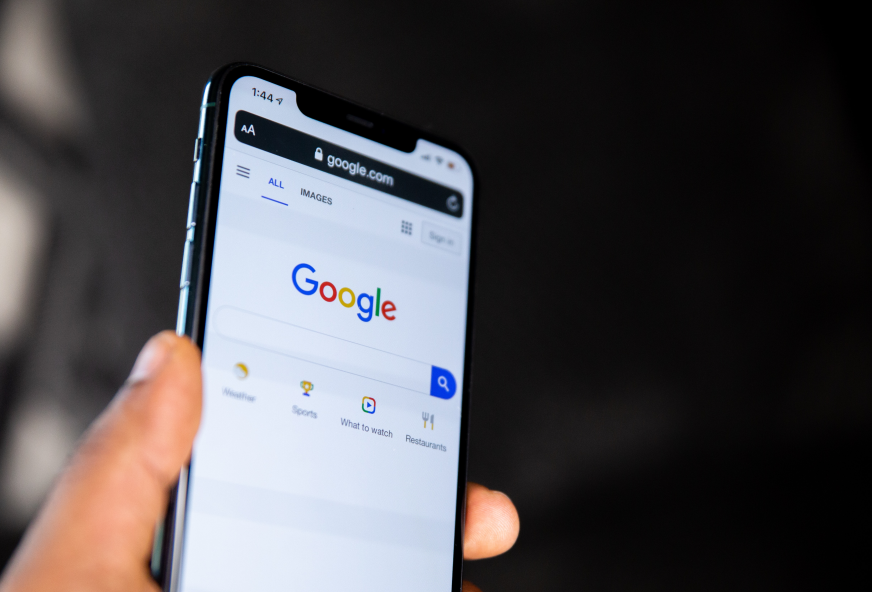The VPN Lifeline: Why You Should Never Connect to Public Wi-Fi Without a Virtual Private Network

Introduction to Public Wi-Fi Risks
In the digital landscape where connectivity is ubiquitous, public Wi-Fi networks have become a convenient means for users to access the internet. However, these networks, often found in cafes, airports, and other public spaces, come with significant risks that can compromise users’ data and privacy. The fundamental problem lies in the fact that most public Wi-Fi networks lack robust security protocols, making it substantially easier for malicious actors to intercept data transmitted over these connections.
One of the most pressing dangers associated with public Wi-Fi is data interception. When a user connects to an unsecured network, their personal information, including browser history, passwords, and sensitive communications, can be captured by anyone with the right tools. This unfortunate reality is exacerbated when users engage in activities such as online banking or shopping, potentially exposing their financial data to cybercriminals.
Moreover, public Wi-Fi networks also serve as a breeding ground for malware exposure. Cybercriminals may utilize these networks to distribute harmful software that can infect devices of unsuspecting users. Once a device is infected, hackers can gain unauthorized access, often leading to severe consequences, including identity theft and loss of personal data.
In addition to these risks, the absence of security protocols means that users are less aware of potential threats. Many individuals assume they are safe simply because they are in a public venue, neglecting to consider the risks associated with connecting to an unsecured Wi-Fi network. As a result, it is imperative for users to exercise caution when using public networks and recognize the vital role of Virtual Private Networks (VPNs) in safeguarding their data while online.
What is a Virtual Private Network (VPN)?
A Virtual Private Network (VPN) is a service that creates a secure and encrypted connection over a less secure network, such as the internet. By using a VPN, individuals can shield their online activities from cyber threats, data breaches, and potential surveillance. This technology is particularly relevant when connecting to public Wi-Fi networks, which can often expose users to various vulnerabilities. Essentially, a VPN operates by routing your internet traffic through a server managed by the VPN provider, thereby masking your IP address and making your online actions virtually untraceable.
The primary purpose of a VPN is to enhance user privacy and data security. To achieve this, VPNs utilize strong encryption protocols that secure the data transmitted between the user’s device and the VPN server. This encryption prevents unauthorized parties from intercepting and deciphering sensitive information, such as passwords or personal data. Moreover, by masking the user’s IP address, a VPN offers an additional layer of anonymity, making it difficult for websites and advertisers to track online behavior.
Another essential function of VPNs is bypassing geographical restrictions imposed by certain websites and online services. Many content providers restrict access based on the user’s location. By connecting to a VPN server located in a different country, users can virtually appear as though they are accessing the internet from that location, thus gaining access to otherwise restricted content. Overall, a VPN serves as a vital tool for those who prioritize their online privacy and security, making it particularly indispensable when accessing sensitive information over public Wi-Fi networks.
How VPNs Protect Your Data
In an era where digital communication is ubiquitous, the safety of personal information has become increasingly important, especially when connecting to public Wi-Fi networks. One of the primary functions of a Virtual Private Network (VPN) is to protect user data from potential threats that lurk in shared environments. This protection is achieved through multiple mechanisms, primarily encryption.
When a device connects to a VPN, all data transmitted over the network is encrypted. Encryption converts information into a coded format that only authorized parties can decipher, making it exceedingly difficult for cybercriminals to intercept and read sensitive data. High-level encryption protocols, such as AES (Advanced Encryption Standard), ensure that even if a hacker accesses the data packets, they remain unreadable and useless without the corresponding decryption key.
Another critical layer of protection offered by VPNs is the masking of the user’s IP address. Your IP address serves as a digital identifier that reveals your approximate location and identity. When using a VPN, the user’s real IP address is hidden behind the IP address of the VPN server. This process not only safeguards the user’s privacy but also makes it challenging for potential attackers to trace back the data to its original source.
Additionally, secure tunneling protocols play an integral role in maintaining the integrity and confidentiality of communication. Tunneling protocols, such as OpenVPN and IKEv2, create a secure ‘tunnel’ for data to pass through. This tunnel ensures that data remains isolated from the public network, further enhancing security by preventing unauthorized access and tampering. By employing these robust security measures, VPNs are essential in protecting personal and sensitive information on public Wi-Fi networks, significantly lowering the risk of data breaches and identity theft.
Common Threats on Public Wi-Fi Networks
Public Wi-Fi networks are increasingly ubiquitous, providing convenient internet access in various public spaces such as cafés, airports, and libraries. However, this accessibility comes with significant risks, as public Wi-Fi is notoriously vulnerable to a myriad of cyber threats. One of the most prevalent attacks is packet sniffing, wherein malicious actors capture data packets being transmitted over the network. This can lead to severe breaches of personal information, including usernames, passwords, and credit card details.
Another alarming threat is the man-in-the-middle (MitM) attack, where an attacker positions themselves between the user and the network. By intercepting communications, they can manipulate, eavesdrop, or inject harmful content into the data being exchanged. For instance, an unsuspecting user may think they are communicating securely with their bank but are actually exposing their credentials to an unauthorized party. According to a recent study, approximately 30% of public Wi-Fi users reported having experienced a MitM attack.
Furthermore, rogue hotspots present a significant danger. These deceptive networks mimic legitimate public Wi-Fi connections, tricking users into unwittingly connecting to them. Once connected, attackers can access sensitive information or spread malware. As evidence of this risk, a major telecommunications company reported that nearly 70% of Wi-Fi users do not verify the authenticity of the networks they connect to, leaving themselves exposed to potential threats.
The landscape of public Wi-Fi threats is continuously evolving, making it imperative for users to remain vigilant and informed. Utilizing a virtual private network (VPN) can effectively mitigate these risks by encrypting online activities and safeguarding sensitive information from cyber threats encountered on public networks.
Choosing the Right VPN Service
When it comes to connecting to public Wi-Fi networks, employing a Virtual Private Network (VPN) is crucial for safeguarding your online activities. However, the effectiveness of a VPN largely depends on choosing the right service. Therefore, there are several key factors to consider when selecting a VPN.
Firstly, speed is an essential aspect, as a slow VPN can hinder your internet experience. It is important to look for a service known for maintaining high speeds without significant latency. Many reputable VPN providers offer unlimited bandwidth, allowing you to stream videos or download files without interruptions.
Next, security protocols play a vital role in ensuring your data remains secure while you browse. The best VPN services use robust encryption standards, such as AES-256, and provide a variety of protocols like OpenVPN or WireGuard. These advanced security measures protect your data from potential threats on public networks.
Another critical factor is the logging policy of the VPN provider. You should opt for a service that adheres to a strict no-logs policy, meaning they do not track or retain your online activities. This ensures that even if law enforcement agencies request user data, there is nothing available for them to obtain.
Cost is also an important consideration; while free VPN services may seem appealing, they often come with significant compromises in terms of security and privacy. Premium VPN services, although paid, provide better security features, customer support, and trustworthiness. It is advisable to look for services that offer a money-back guarantee, allowing you to evaluate their performance without risk.
Finally, ease of use should not be overlooked. A user-friendly interface can enhance your overall experience, making it simpler to connect to secure servers and configure settings. Reading reviews and seeking recommendations can help identify reputable, easy-to-use VPNs that suit your needs effectively.
How to Set Up and Use a VPN
Setting up a Virtual Private Network (VPN) is an essential step to secure your online activities, especially when using public Wi-Fi. In this guide, we will outline the necessary steps to configure a VPN across various devices, ensuring a smooth user experience. The first step is to select a reputable VPN service. Consider factors such as speed, server locations, privacy policy, and customer support when making your choice.
For laptops, the installation process typically involves downloading the VPN application specific to your operating system, whether it be Windows, macOS, or Linux. Once you have downloaded the software, run the installer, and follow the on-screen prompts. After the installation is complete, launch the application and log in with your credentials. It is advisable to choose a server location that is geographically close to improve connection speed.
When it comes to smartphones and tablets, setting up a VPN app is almost identical. Download the VPN application from either the Apple App Store for iOS devices or the Google Play Store for Android devices. Once installed, open the app and log in. Most mobile apps are user-friendly and will guide you to connect to a server. Always ensure the “Connect on Startup” feature is activated for seamless connectivity while using public networks.
After the initial setup is complete, you may encounter some common troubleshooting issues. If your connection appears slow or unstable, switching to a different server can often help. Additionally, if you cannot connect, verify that your internet connection is active and try re-establishing the VPN connection. Ensuring your device’s operating system and the VPN application are up-to-date can prevent compatibility issues. By following these steps and tips, you can effectively secure your connection and enhance your online safety.
Legal and Ethical Considerations of Using a VPN
As the landscape of digital rights and privacy continues to evolve, the use of Virtual Private Networks (VPNs) raises pertinent legal and ethical considerations. First, it is essential to recognize that while VPNs offer significant advantages for protecting personal data and ensuring privacy, they can also be misused. Individuals may exploit VPN technology to engage in illegal activities, such as downloading pirated content, accessing restricted sites, or evading law enforcement. Such misuse presents a complex legal dilemma, as it positions VPNs as tools that can either uphold or undermine the law.
The regulation of VPN usage varies significantly across different countries, reflecting regional attitudes towards internet freedom, security, and surveillance. For instance, in some jurisdictions, VPNs are unregulated, allowing users to browse securely and anonymously. Conversely, in nations like China and Russia, the government imposes strict regulations on VPN use, often requiring users to connect only to government-approved services. This disparity highlights the potential legal ramifications for VPN users, who may unknowingly violate local laws by accessing prohibited content.
From an ethical standpoint, the moral implications of using a VPN also require careful consideration. Advocates for digital privacy argue that everyone has the right to safeguard their data and maintain political anonymity online, particularly in oppressive regimes. Conversely, others contend that the potential for misuse of VPN services raises ethical concerns that cannot be overlooked. The balance between protecting individual rights and preventing illicit actions remains a contentious issue in today’s digital age.
Ultimately, the decision to use a VPN must be made with a comprehensive understanding of both the legal framework and ethical considerations surrounding its use. Engaging responsibly with VPN technology is crucial in promoting a healthy dialogue about our collective digital rights and responsibilities.
Exploring Alternatives to VPNs for Public Wi-Fi Security
While Virtual Private Networks (VPNs) are widely recognized for their ability to enhance online security, especially when connecting to public Wi-Fi networks, several alternatives exist that can also help safeguard your data. Understanding these methods can empower users to make informed choices regarding their online privacy.
One practical option is utilizing mobile data instead of public Wi-Fi. Mobile networks are generally more secure and less prone to various hacking techniques that target public connections. When users rely on their cellular data, they considerably diminish the risks tied to using unsecured public networks. This approach, however, may incur additional costs, depending on a user’s mobile plan and data limit.
Another viable alternative is the use of personal hotspots. By tethering a mobile device to create a personal hotspot, individuals maintain control over their internet connection. This solution effectively mitigates many risks associated with public Wi-Fi, as the connection is private and encrypted through the mobile device’s cellular service. When necessary, this method can serve as an excellent substitute for public Wi-Fi access.
In addition to relying on mobile data and personal hotspots, utilizing other encryption methods can significantly improve online security. For instance, employing browser extensions or tools that provide end-to-end encryption for communications can safeguard sensitive data during transit. Assessing available options for secure messaging and email ensures that users are more protected against potential eavesdropping when using Wi-Fi in public spaces.
While these alternatives offer various levels of protection, it remains essential for users to recognize that VPNs provide comprehensive security layers which these other methods may not entirely replicate. As technology evolves, a multi-faceted approach to online security will be critical in navigating the risks associated with public Wi-Fi environments effectively.
Conclusion: The Necessity of VPNs in Today’s Digital Landscape
In an era where public Wi-Fi is increasingly ubiquitous, the necessity of utilizing a Virtual Private Network (VPN) cannot be overstated. Public networks, often lacking significant security protocols, present significant risks to users who connect without proper safeguards. The importance of VPN services lies in their ability to encrypt internet traffic, thereby disguising user activity from potential eavesdroppers like hackers or unwanted entities. This is particularly crucial in settings such as coffee shops, airports, and hotels, where cyber threats may be more prevalent.
The benefits of employing a VPN extend beyond just safeguarding personal data. By masking an IP address, a VPN not only enhances privacy but also enables users to access geo-restricted content, allowing for a more versatile internet experience. As discussions around data privacy continue to evolve, the adoption of VPNs has become more than a personal choice; it is fast becoming a fundamental aspect of online behavior. Cybersecurity should be a priority for everyone, especially in light of growing concerns over data breaches and identity theft.
As we navigate the complexities of the digital landscape, it is essential to take proactive measures to protect our online activities. One such measure is the consistent use of VPNs, which offer a protective layer of anonymity and security. The ongoing emphasis on cybersecurity awareness reinforces the notion that individuals must remain vigilant. A VPN serves as a reliable ally in this endeavor, ensuring that personal information remains secure even in public settings. Hence, integrating a VPN into regular internet use is advisable for anyone wishing to maintain their privacy and security while browsing the web.




















